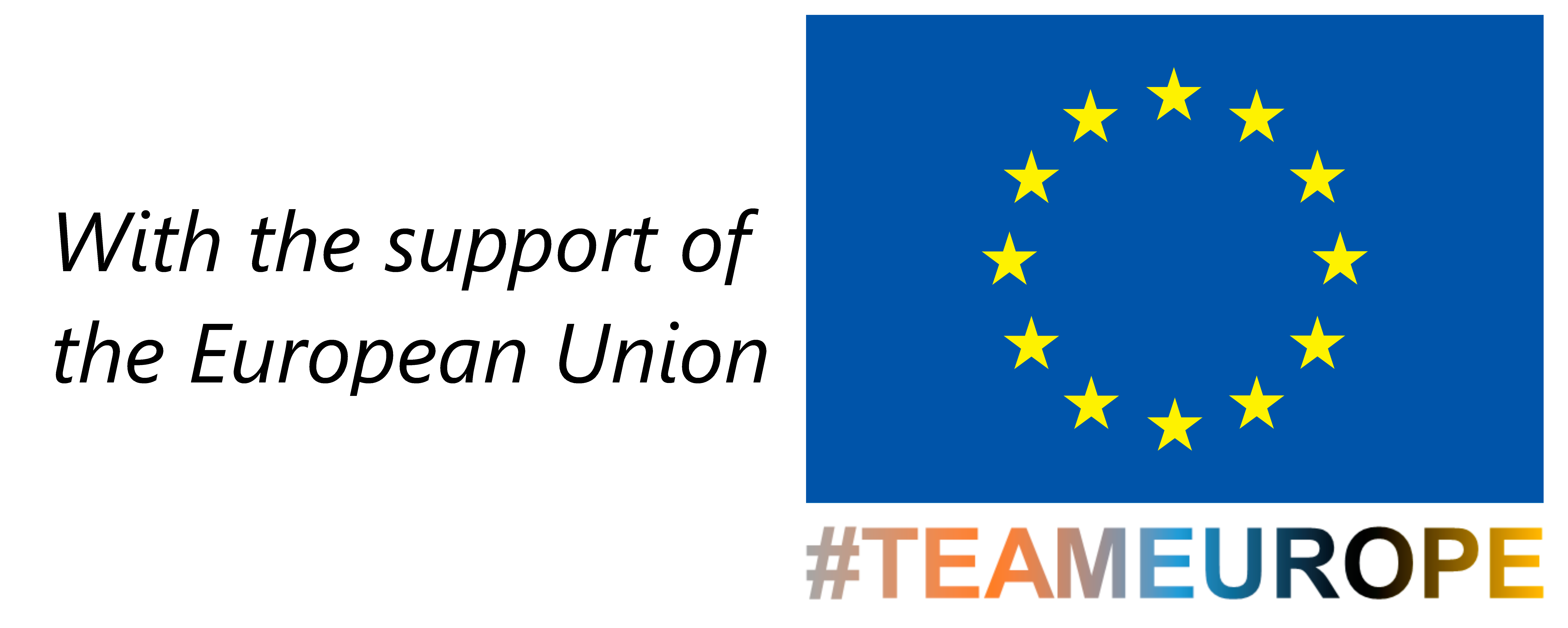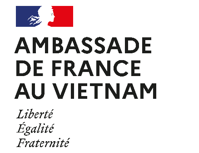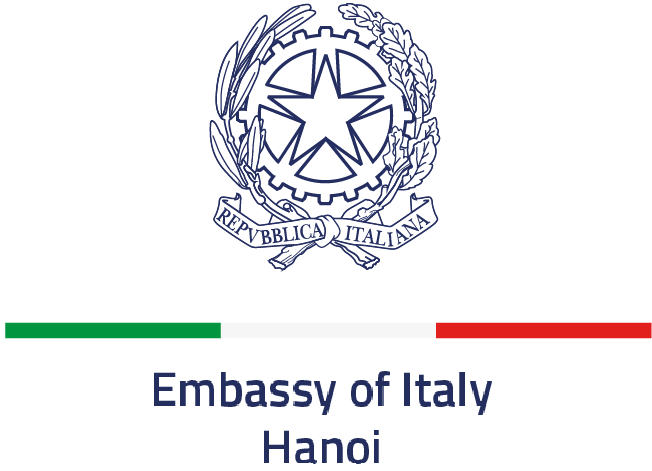 |
 |
 |
 |
 |
ERASMUS+ CAPACITY BUILDING IN HIGHER EDUCATION - YESTERDAY AND TOMORROW
Feedback from 2015-21 experiences for the 2021-27 proposals
May 19-21, 2022, ICISE, Quy Nhon, Vietnam
REGISTRATION DEADLINE EXTENDED TO 10th of MAY
 |
 |
 |
 |
 |
May 19-21, 2022, ICISE, Quy Nhon, Vietnam
REGISTRATION DEADLINE EXTENDED TO 10th of MAY

From 2015 to 2020 the European Union within the framework of ERASMUS+ capacity building in higher education (E+) subsidized 900 programs for an amount of 801,594,324 euros. The programs had to associate 1 or more EU member countries with 1 or more countries from priority geographical areas. With a maximum duration of 3 years for a ceiling amount of 1,000,000 euros (40% max staff cost, 40% max mobility, 30% max equipment, 10% max subcontracting) and relatively simplified management, the E+ programs have been a real opportunity for (https://erasmus-plus.ec.europa.eu/programme-guide/part-b/key-action-2/capacity-building-higher-education) :
Among EU member countries the highest contributions were: Spain (369), Italy (336), Germany (266), France (195), Portugal (188), United Kingdom (185), Belgium (161) , Greece (146), Austria (136), Sweden (111), Holland (104), Finland (99) and Poland (94).
The ERASMUS program is renewed every 7 years, in 2022 the EU proposed the new ERASMUS 2021-2027 with an overall budget up 80% compared to that of the previous period (26 billion euros). The ERASMUS+ program is structured into 6 educational sectors, themselves grouped into 3 key actions: Action 1: Individual mobility; Action 2: Institutional cooperation (E+); Action 3: Political Reforms. 33 countries finance the program and can benefit from its integrity as members, almost all other countries in the world can participate in certain actions as partners. The E+ that specifically interest us fall under action 2 and meet roughly the same criteria as those of the previous period (https://erasmus-plus.ec.europa.eu/programme-guide/part-b/key-action-2/capacity-building-higher-education).